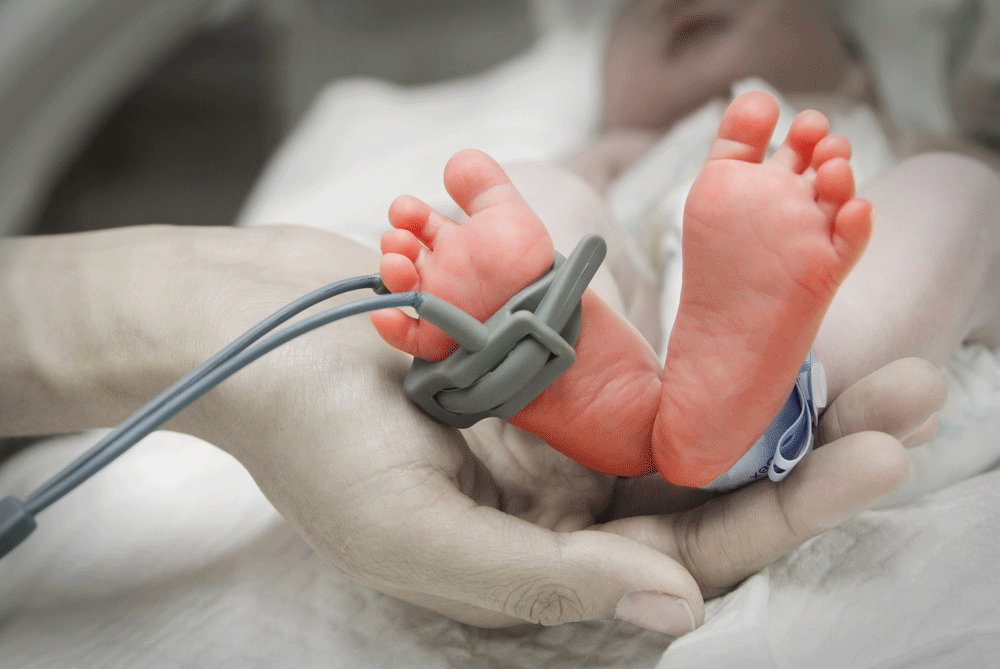request for proposals to birthing hospitals in the state to enhance programs for infants born with NAS and is making up to $3.5 million available to hospitals to address the issue.
According to the Health Policy Commission, the rate of NAS in Massachusetts was triple the national average in 2009, and the cost of care for a baby born with NAS was between $159,000 and $238,000 more than a healthy newborn.
Recent data from the Centers for Disease Control and Prevention (CDC) mirrored the data from Ohio and Massachusetts.
According to 2016 data from the CDC, among 28 states with data in the State Inpatient Databases of the Healthcare Cost and Utilization Project (HCUP), incidences of NAS grew 300 percent from 1.5 per 1,000 births in 1999 to 6.0 per 1,000 hospital births in 2013.
Symptoms of NAS include problems sleeping, neurological irritability, poor feeding, seizures, vomiting, fever and excessive crying. The onset of withdrawal symptoms may be evident within a day or two after a baby’s birth, although they could start as late as five to 10 days after a baby is born.
“Symptoms may last for weeks even after the baby goes home from the NICU,” Thomas said. “That is why education is such an important part of the NICU process. We need to discuss typical symptoms and how to navigate through them.”
The CDC also stated that NAS is most often attributed to opioid exposure in utero. The use of opioids by pregnant women can result in serious withdrawal symptoms in their infants, which can last up to six months.
“The more substances the baby is exposed to the longer the withdrawal can be,” Bagwell added.

















